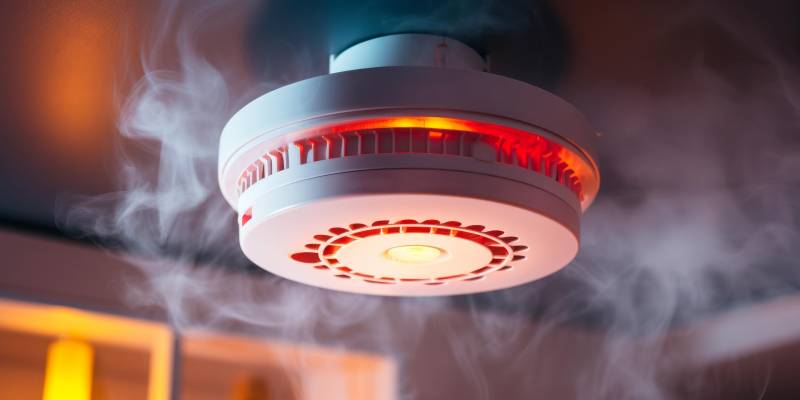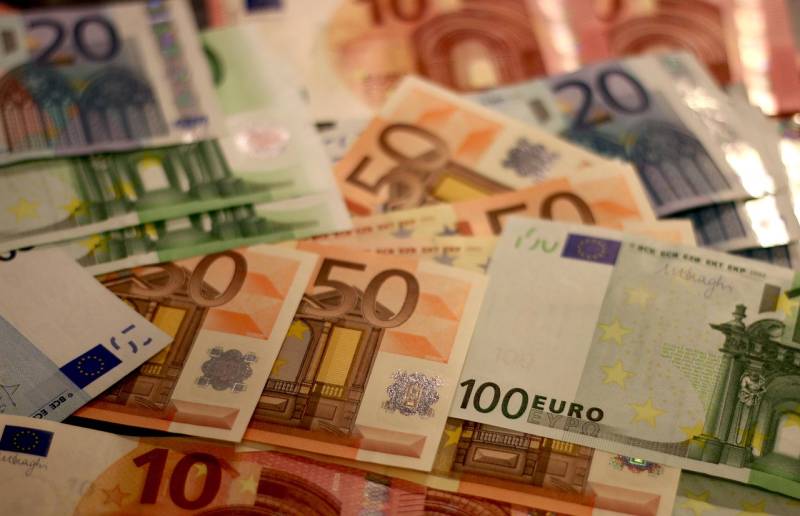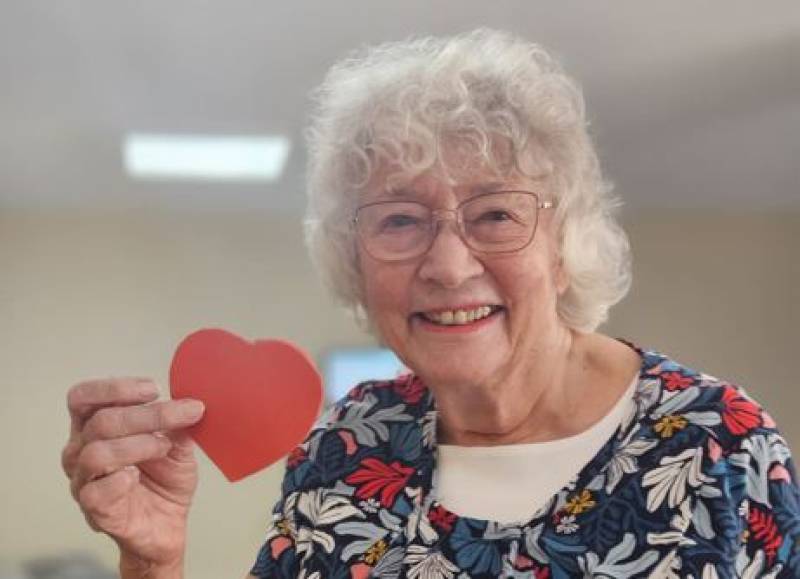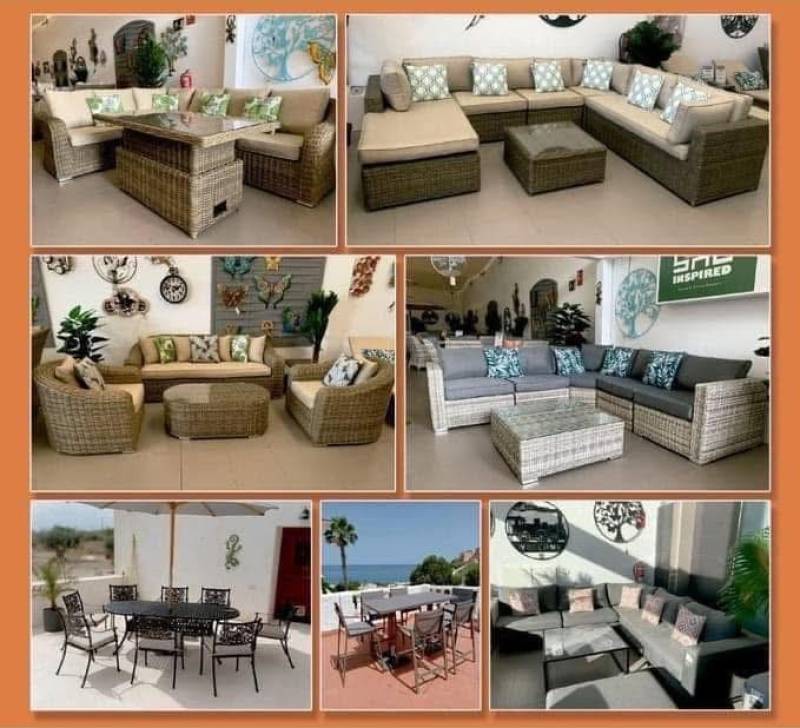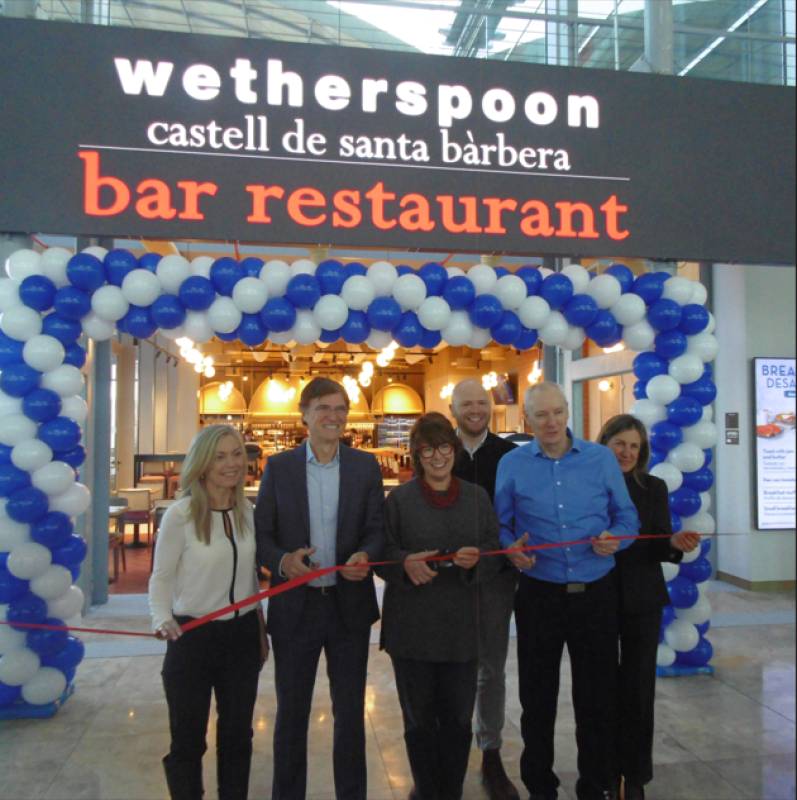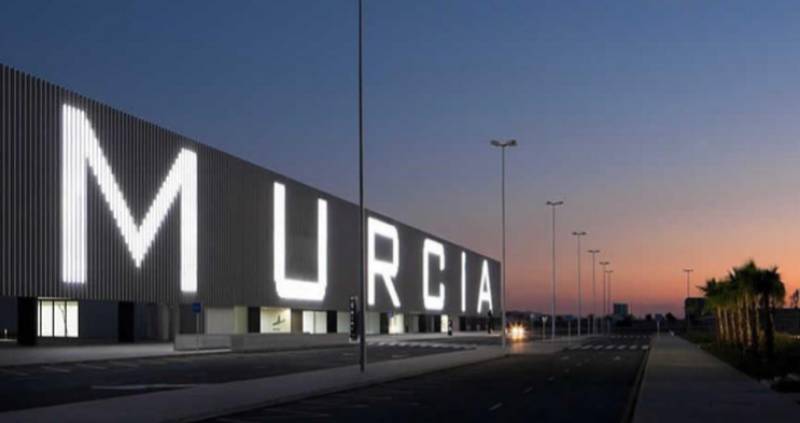

Guidelines for submitting articles to Mazarron Murcia
Hello, and thank you for choosing Mazarron Murcia to publicise your organisation’s info or event.
Mazarron Murcia is a website set up by Murcia Today specifically for residents of the urbanisation in Southwest Murcia, providing news and information on what’s happening in the local area, which is the largest English-speaking expat area in the Region of Murcia.
When submitting text to be included on Mazarron Murcia, please abide by the following guidelines so we can upload your article as swiftly as possible:
Send an email to editor@spaintodayonline.com or contact@murciatoday.com
Attach the information in a Word Document or Google Doc
Include all relevant points, including:
Who is the organisation running the event?
Where is it happening?
When?
How much does it cost?
Is it necessary to book beforehand, or can people just show up on the day?
…but try not to exceed 300 words
Also attach a photo to illustrate your article, no more than 100kb

Noche de San Juan: Spain's fiery night of beach bonfires, magic and meaning, celebrated every year in June
The firsta of San Juan is a magical mix of bonfires, beach parties and centuries-old traditions that light up the start of summer
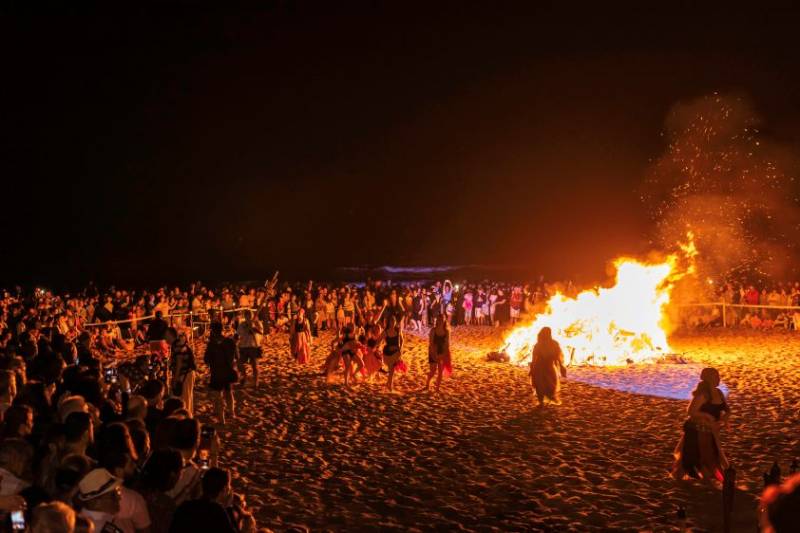 Imagine this: the beach at night, bonfires glowing, music pumping, people laughing, jumping over flames or diving into the sea. It might sound like the perfect summer party, but it is actually a deeply rooted celebration with ancient origins. Welcome to La Noche de San Juan, one of Spain’s most magical nights of the year.
Imagine this: the beach at night, bonfires glowing, music pumping, people laughing, jumping over flames or diving into the sea. It might sound like the perfect summer party, but it is actually a deeply rooted celebration with ancient origins. Welcome to La Noche de San Juan, one of Spain’s most magical nights of the year.What are the origins of San Juan?
Fire and water: The twin symbols of San Juan
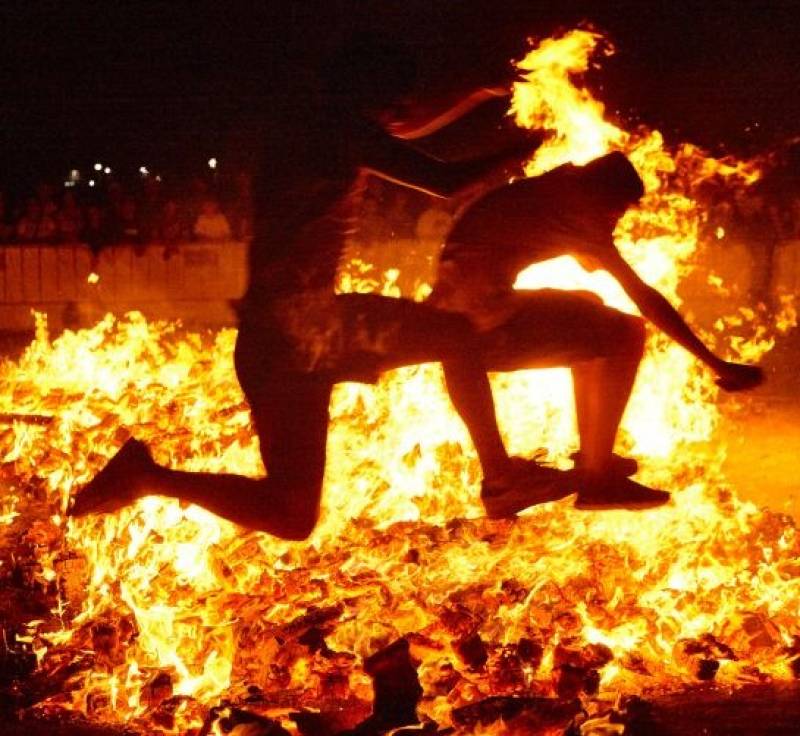 On the night of June 23, fire and water take centre stage across Spain. Bonfires (known as ‘hogueras’) are lit on beaches, in fields and village squares. People leap over the flames, once, three or even nine times depending on local tradition, to ward off evil spirits, cleanse the soul or simply mark a fresh start.
On the night of June 23, fire and water take centre stage across Spain. Bonfires (known as ‘hogueras’) are lit on beaches, in fields and village squares. People leap over the flames, once, three or even nine times depending on local tradition, to ward off evil spirits, cleanse the soul or simply mark a fresh start.Where are the best places in Spain to celebrate San Juan?
Alicante: Las Hogueras de San Juan
Galicia
Catalonia
Valencia
Canary Islands
Why should you experience San Juan in Spain?
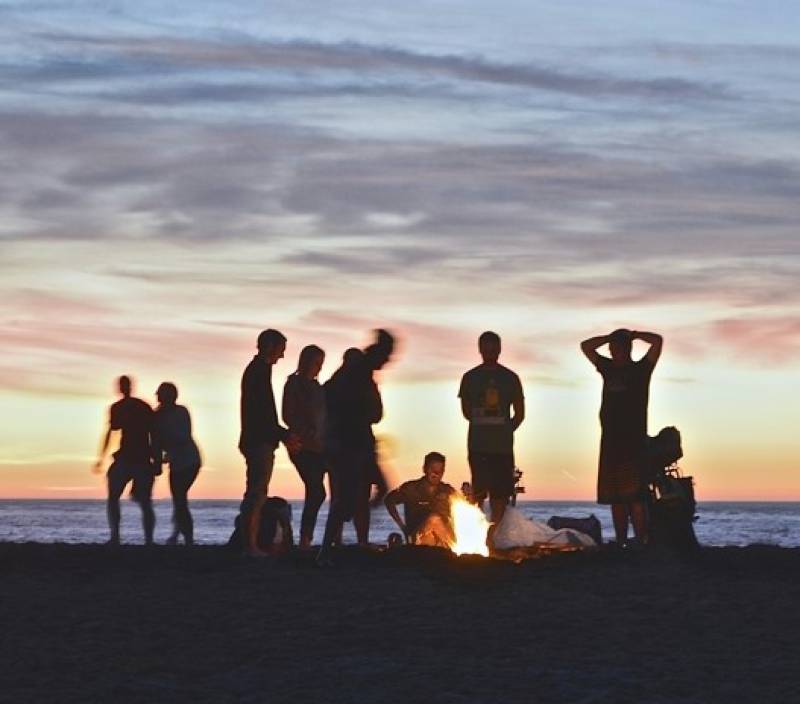 If you are looking for one night that truly captures Spain’s cultural richness, blending ancient customs, spiritual symbolism and unfiltered joy, La Noche de San Juan is it. Whether you are dancing around a bonfire, diving into the sea or simply watching fireworks with a drink in hand, the night offers something unique and unforgettable.
If you are looking for one night that truly captures Spain’s cultural richness, blending ancient customs, spiritual symbolism and unfiltered joy, La Noche de San Juan is it. Whether you are dancing around a bonfire, diving into the sea or simply watching fireworks with a drink in hand, the night offers something unique and unforgettable.Sign up for the Spanish News Today Editors Roundup Weekly Bulletin and get an email with all the week’s news straight to your inbox
Special offer: Subscribe now for 25% off (36.95 euros for 48 Bulletins)
OR
you can sign up to our FREE weekly roundup!
Read some of our recent bulletins:
Discount Special Offer subscription:
36.95€ for 48 Editor’s Weekly News Roundup bulletins!
Please CLICK THE BUTTON to subscribe.
(List price 3 months 12 Bulletins)
Read more stories from around Spain:










